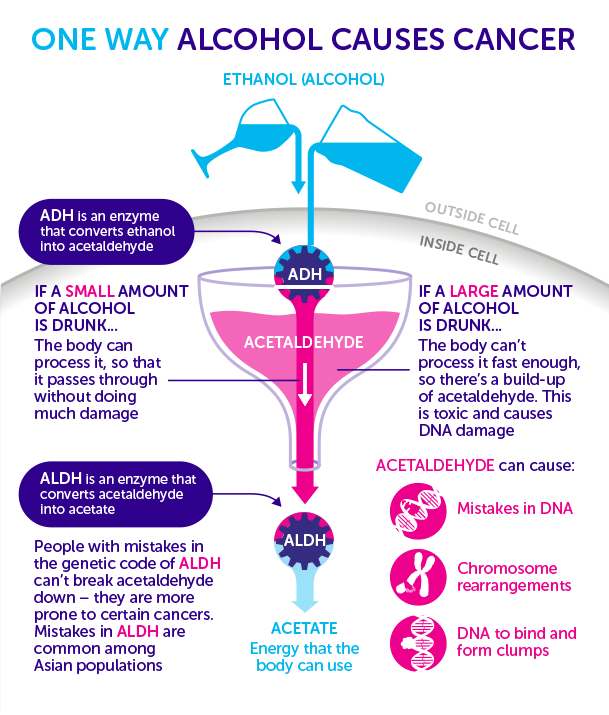Discover the fascinating science behind intoxication and the surprising factors that determine how many beers it really takes to get drunk.
Table of Contents
Have you ever found yourself pondering the age-old question: how many beers does it take to get drunk? It’s a common curiosity, but the answer is not as simple as you might think. The science behind alcohol intoxication is a complex interplay of factors that can vary greatly from person to person. In this blog post, we will delve into the intricate mechanisms of alcohol metabolism, individual tolerance levels, and the myriad of influences that can impact how intoxicated you feel after a few drinks.
Alcohol Metabolism and Intoxication
alcohol metabolism is a fascinating process that occurs in the body once alcohol is consumed. When you drink a beer, the alcohol is rapidly absorbed into your bloodstream through the walls of your stomach and small intestine. From there, it travels to your liver where it is broken down by enzymes. The rate at which your body metabolizes alcohol can vary based on factors such as age, gender, genetics, and overall health.
Blood alcohol concentration (BAC) is a key indicator of intoxication levels. BAC is measured as a percentage that represents the amount of alcohol in your bloodstream. While legal limits for driving under the influence typically range from 0.08% to 0.10%, the effects of alcohol can be felt at much lower BAC levels, especially for individuals with lower tolerance.
Individual Tolerance Levels
Alcohol tolerance refers to a person’s ability to handle alcohol without feeling overly intoxicated. Tolerance levels can vary widely from person to person and can be influenced by factors such as body weight, metabolism, and frequency of alcohol consumption. Those who regularly consume alcohol may develop a higher tolerance over time, requiring more drinks to achieve the same level of intoxication.
Binge drinking, defined as consuming a large amount of alcohol in a short period of time, can also impact tolerance levels. This practice can lead to a rapid increase in BAC, resulting in more pronounced intoxication. It’s important to be mindful of your own tolerance and practice responsible drinking habits to avoid potential negative consequences.
Factors Influencing Intoxication
Several factors can influence how intoxicated you feel after consuming alcohol, beyond just the number of beers you’ve had. Food consumption plays a significant role in alcohol absorption, as having a meal before drinking can slow down the rate at which alcohol enters your bloodstream.

Image courtesy of blog.dana-farber.org via Google Images
Hydration is another important factor to consider, as alcohol can dehydrate the body and exacerbate its effects. Staying well-hydrated while drinking can help mitigate the effects of alcohol and prevent severe intoxication.
Pacing yourself and maintaining responsible drinking habits are key to avoiding over-intoxication. It’s essential to listen to your body and know your limits to ensure a safe and enjoyable drinking experience.
Conclusion
Understanding the science behind alcohol intoxication can help you make informed decisions when it comes to drinking. By considering factors such as alcohol metabolism, individual tolerance levels, and the various influences on intoxication, you can better gauge how many beers it might take for you to feel drunk.
Remember to drink responsibly, know your limits, and prioritize your health and safety when consuming alcohol. Educating yourself on the effects of alcohol can empower you to make smart choices and enjoy your drinks in moderation.
FAQ
Question 1: How long does it take for alcohol to be metabolized by the body?
Answer 1: The average rate of alcohol metabolism is about one standard drink per hour. However, this can vary based on individual factors such as body weight, metabolism, and overall health.
Question 2: Does drinking on an empty stomach make you drunk faster?
Answer 2: Yes, consuming alcohol on an empty stomach can lead to faster absorption and a quicker increase in blood alcohol concentration, resulting in feeling drunk sooner.
Question 3: How can I improve my alcohol tolerance?
Answer 3: Building alcohol tolerance involves drinking responsibly, staying hydrated, eating before and during drinking, and pacing yourself to allow your body time to metabolize alcohol.
Question 4: Are there ways to sober up quickly after drinking?
Answer 4: Some tips to help sober up include drinking water, eating food, getting fresh air, and giving your body time to metabolize the alcohol. However, the best way to sober up is to wait it out and allow your body to naturally process the alcohol.
Generated by Texta.ai Blog Automation


Leave a Reply